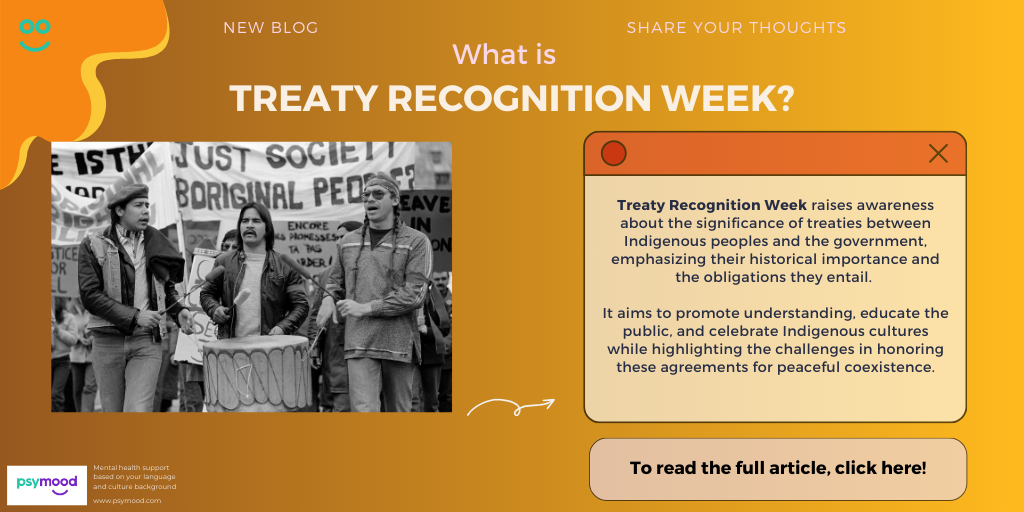What is Treaty Recognition Week?
Treaty Recognition Week is an event that aims to raise awareness and promote understanding of the importance of treaties between Indigenous peoples and the government. During this week, we reflect on the historical agreements made between Indigenous nations and the Crown, acknowledging their significance and the obligations they entail. It’s an opportunity to educate ourselves and celebrate the rich tapestry of Indigenous cultures.
Treaty Recognition Week is a critical initiative that sheds light on the often-overlooked treaties that have shaped the relationship between Indigenous communities and the government. These agreements were intended to facilitate peaceful coexistence, yet they have not always been fully honoured or understood.
What Does Treaty Recognition Week Look Like?
Recognizing the importance of treaties involves:
- Learning about the Treaties: This includes understanding the historical context, the different types of treaties, and the rights and responsibilities they entail. It’s an opportunity to delve into the details of these agreements and appreciate their significance.
- Fostering Respect and Reconciliation: Treaty Recognition Week encourages open dialogue, respect, and reconciliation between Indigenous and non-Indigenous communities. It’s a time for acknowledging past wrongs and working towards a more harmonious future.
- Celebrating Indigenous Cultures: This week also celebrates the rich and diverse cultures of Indigenous peoples. It’s a chance to showcase their art, traditions, and contributions to Canadian society.
The Importance of Treaty Recognition
Treaties play a fundamental role in shaping the relationship between Indigenous peoples and the government. Recognizing these agreements is not only a matter of historical accuracy but a crucial step towards reconciliation and building a more equitable future. By acknowledging the rights and responsibilities embedded in treaties, we can work together to create a more inclusive and just society.
Different Types of Treaties
There are various types of treaties, including historic treaties, modern treaties, and land claim agreements. Each type reflects unique agreements and obligations, but all are important for establishing a foundation for cooperation and mutual respect.
How to Promote Treaty Recognition
To actively support Treaty Recognition Week, consider the following steps:
- Educate Yourself: Take the time to learn about the treaties relevant to your region and the history behind them. Understand the commitments made by both parties.
- Engage in Dialogue: Foster open and respectful conversations about treaties with Indigenous individuals and communities. Listen and learn from their perspectives and experiences.
- Celebrate Indigenous Culture: Participate in events and activities that celebrate Indigenous cultures, such as art exhibitions, storytelling, and traditional ceremonies.
- Support Reconciliation Efforts: Get involved in initiatives aimed at reconciliation, whether it’s through volunteering, attending events, or supporting Indigenous businesses and artists.
- Advocate for Education: Encourage educational institutions to include comprehensive Indigenous history and treaty education in their curricula.
Final Thoughts
Treaty Recognition Week is a chance to reflect on the importance of treaties and the ongoing journey toward reconciliation and mutual respect between Indigenous and non-Indigenous communities. By understanding and honouring these agreements, we can work together to build a more inclusive and equitable society.
PsyMood is a digital tool designed to help you find the support you need in the language that you are most comfortable with. PsyMood considers cultural background, geographical location, interests, and personal needs, amongst other factors, to pair you with service providers for either online or in-person therapy sessions.
Check out our other blogs here!
For More Interesting Posts
More resources: Stress and Cholesterol Management: One and the Same, Nourishing the Mind: The Powerful Connection Between Nutrition and Mental Health, How to Navigate Grief and Loss,


.png)
.png)
.png)
Recent Comments